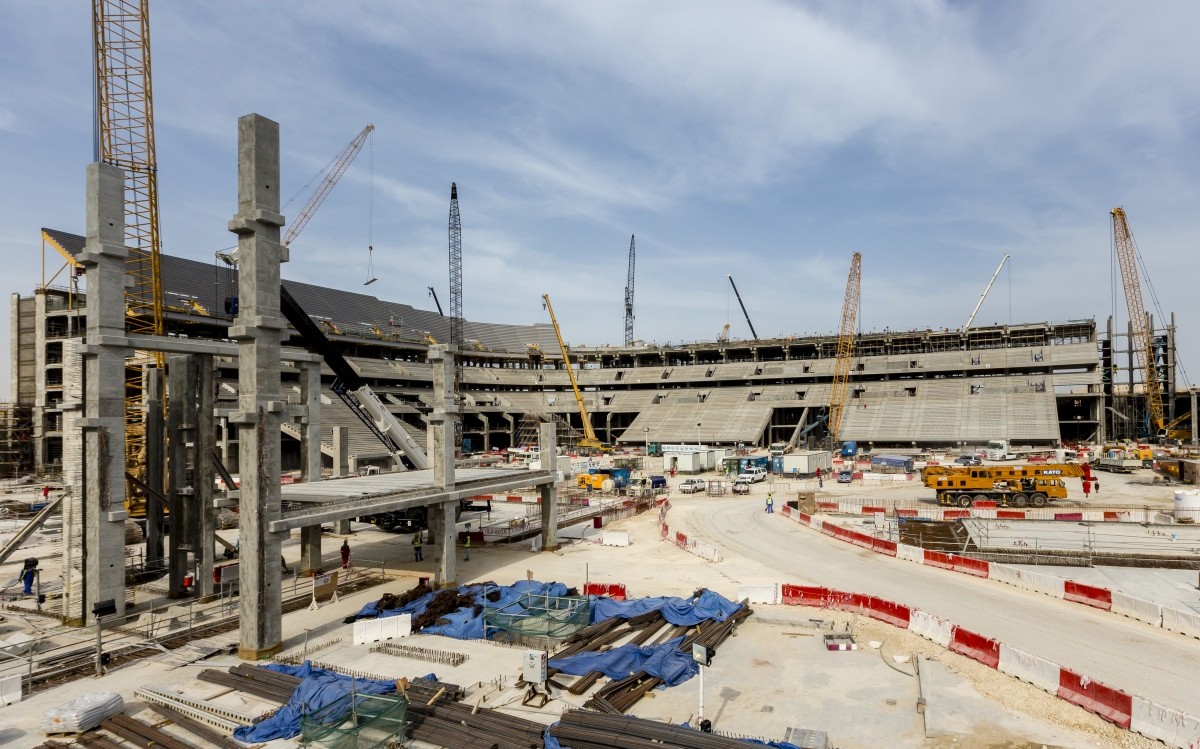.jpg)
_1-itok=GFMKQ6A9.jpg)
Al Bayt Stadium – Al Khor City has been commended for its expression of local heritage and culture, scoring three out of three in the Global Sustainability Assessment System (GSAS) from the Gulf Organisation for Research & Development (GORD). It is the first stadium to receive this score for its contribution to heritage and cultural identity.
The design of Al Bayt Stadium, which emulates a traditional Qatari tent, was presented to an expert heritage panel as part of the GSAS sustainability certificationprocess. It is being rewarded for its unique consideration of local cultural heritage.
Bodour Al-Meer, Sustainability & Environmental Manager at the Supreme Committee for Delivery & Legacy (SC), said: "The unique design of Al Bayt Stadium shows how we're using inspiration from the past to deliver a green future. The very concept of this distinctive design is centred on sustainability and low energy usage as the tent-like design will minimise the amount of energy required to keep football fans and players cool."
Meanwhile, Founding Chairman of GORD, Dr Yousef Al Horr, said: "The stadium shows a creative union of traditional style with modern concepts, giving a flavour of both Qatar's past and future. The theme of the Arabian tent is a true reflection of Qatari culture, both aesthetically and symbolically."


Al Bayt Stadium – Al Khor City's design is an entirely Qatari concept, reflecting the country's proud history and culture. The 60,000-seat arena has a modular design, which includes an upper tier of removable seats. After the 2022 FIFA World Cup™, the upper tier will be removed and the capacity of the stadium will be reduced to 32,000
Surrounding the stadium, a new precinct will serve the wider Al Khor community. In addition to retail space and restaurants, the precinct will include landscaped paths for residents to use as horse-riding, cycling and jogging tracks, making the stadium complex an integral part of local life.
GSAS is a green building certification system developed for Gulf Cooperation Council countries. Through its commitment to sustainable stadium construction, the SC is working towards GSAS certifications, which are intended to evaluate the sustainability of newly constructed or majorly renovated buildings, districts and infrastructures.

